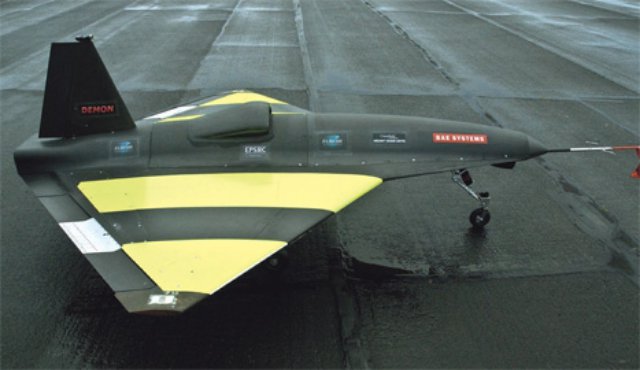 UK research to develop smart machines that think for themselves will receive a £16 million boost thanks to a major partnership between the government and industry.
UK research to develop smart machines that think for themselves will receive a £16 million boost thanks to a major partnership between the government and industry.
This research includes safe ways of monitoring in dangerous environments such as deep-sea installations and nuclear power plants, ‘nursebots’ that assist patients in hospitals, and aerial vehicles that can monitor national borders or detect pollution.
Speaking at the official opening of the Bristol Robotics Laboratory at the University of the West of England, Minister for Universities and Science, David Willetts, will announce funding for 22 exciting university-based research projects in the UK. Led by the Engineering and Physical Sciences Research Council (EPSRC) and an eight-strong group of partners, the investment has over £4M in support from industry. This will include access to specialist laboratories, equipment, expertise and advice on commercialisation and industrialisation. The partners are BAE Systems, Schlumberger, National Nuclear Laboratory (NNL), Sellafield Ltd, Network Rail, SCISYS, DSTL and the UK Space Agency.
Robotics research and the development of intelligent autonomous systems, such as unmanned aircraft, are vital to many major UK companies, emerging industries, and SMEs, from advanced manufacturing to oil and gas exploration, nuclear energy to railways and automotive, healthcare to defence.
Autonomous and intelligent systems are capable of independent action in dynamic, unpredictable environments. They interact with each other and humans, using sensors to learn from their environment, adapting their behaviour and making choices based on their immediate and stored knowledge and experiences.
Mr Willetts said: “Robotics and autonomous intelligent systems are areas of science in which the UK has world class expertise, but to reap the full benefits for the economy and society we need to get better at applying the technology to industry. This £16 million investment will bring together leaders from the research base and business to develop systems for a range of important sectors, from transport to aerospace. In addition, I have asked EPSRC, the Royal Academy of Engineering and the Technology Strategy Board to organise a roundtable to discuss the future of UK research in this area.”
Professor David Delpy, Chief Executive of the Engineering and Physical Sciences Research Council (EPSRC) which is funding the projects, said: “These technologies can help us in many practical ways, for instance, using unmanned air or land vehicles to monitor emergency situations like disasters or to carry out maintenance inspections. But the research will also look at how people and systems interact and help develop further our understanding of how knowledge can be acquired and used independently by machines that learn.”
Commenting on behalf of the six industry partners, James Baker, Managing Director of BAE Systems’ Advanced Technology Centre, said: “It is vital for the universities to work with industry to drive these technologies forward as autonomous and intelligent systems are going to be an integral part of our infrastructure and society in the near future. As partners we hold a shared goal to improve the generic technology in the field so that it can transfer and benefit many industries and sectors.
Examples of the project work to be funded:
- Building vehicles with legs. The University of Bristol will look at how visual information is used to adapt to changing terrain and environment by studying how humans behave via head-mounted cameras. This could speed up the development of vision control for land-based vehicles with wheels or legs.
- Accessing Hazardous Environments. The University of Oxford will explore how multi-unmanned vehicles can be coordinated to act together to perform different tasks and intelligently navigate without access to aids like GPS. This work can have applications in areas such as remote inspection in hostile environments, autonomous urban driving, defence, logistics, security and space robotics.
- Improving Human Autonomous Systems interaction.The University of Bath is to test different models of information gathering, communication and decision-making between humans and autonomous systems with the aim of improving reaction speed, safety and reliability.
- The self-drive submarine. Kings College London plan to demonstrate how Autonomous Underwater Vehicles (AUVs), performing inspection and investigation missions, can cooperate and pool information to achieve success when communications are intermittent and external control restricted, this could apply to space or other hostile environments. The team will focus on finding ways to address uncertainty and changing conditions, how plans can be modified and how sensor data is perceived and interpreted.
- Improving Automated, Intelligent maintenance. Cranfield University extends research in novel sensing, e-maintenance systems, and decision-making strategies. The integration of sensor-based in formation in geographically dispersed and less structured environments poses challenges in technology and cost justification which will be addressed for rail, aerospace and industrial applications.
- Novel Sensing Networks for Intelligent Monitoring.Newcastle University plan to develop a revolutionary autonomous, intelligent condition/structural health monitoring system with specific applications for railways and Non-Destructive Evaluation for nuclear applications.
Photo: BAE Demon
Source: Press Release
